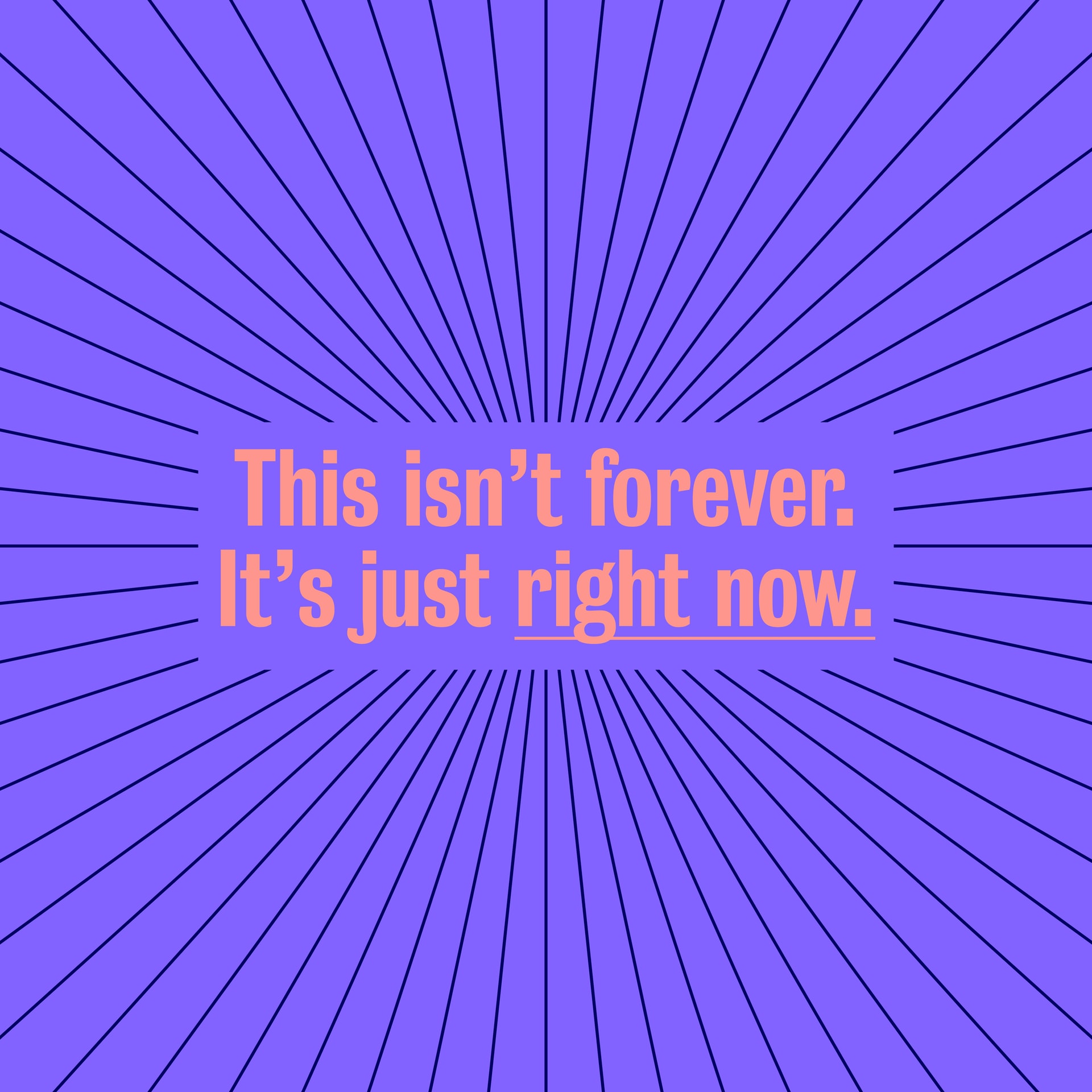I don’t need to tell you that we are living through unprecedented times. By now, for me as I’m sure it is for many, this way of life almost seems normal – my expectations and hopes dashed so many times that I have resigned from them altogether.
Almost one year on, and the virus is still very much at the forefront of our daily consciousness whilst other problems almost seem trivial compared to this most pre- eminent, earth-shattering crisis. One could almost be forgiven for failing to take notice of other key events, such as the US Election or Brexit.
The pandemic has robbed us of the classic student experience, and while this is hardly the greatest issue facing the world today it is the one quite pertinent to myself; I wouldn’t wish to discredit its effect upon me, though I do still appreciate there are those who are suffering far more than me.
The point stands: many students will now be paying upwards of £9000 for a solely digital education. They will have no contact hours, be confined to their student accommodation and see far less of the amazing city that is Edinburgh than they deserve.
The reality is, we aren’t receiving what we signed up for, instead it is more of an imitation. This situation has forced us to mature. A sheltered preoccupation with day-to-day university based concerns was swiftly replaced with much grander worries, such as the safety of our older relatives or the loss of a source of income.
This position has forced us, in many ways, to re-evaluate ourselves, because once you are physically robbed of the chance to perform the actions you want to do, all you are left with is your core, abstracted by factors beyond your control, devoid of the human interaction that is hardwired into our brains.
We are inherently social creatures, and that’s why this aspect of the lockdown hit so many so hard. It is actively challenging our biologically ingrained needs and expectations.
Alongside this, our grasp on time itself has been reshaped: our lives consist in landmark events that link us to moments in our development. Without this, the days all seem to merge into one, and I find it hard to place when certain scenarios occurred, because what surrounds each of them is a vague amorphous sense of nothingness, like the static on a TV.
Personally, my flatmates and I have become akin to senile pensioners, reminiscing on the pre- Covid era as if it were our bygone youth. But, our proverbial ‘youth’ was only a year ago, and yet it feels like a whole other world…one in which you could hug strangers indiscriminately, had never thought to wear a face mask and had no idea what ‘social distancing’ even meant.
The vague promise of a time when Covid is behind us leaves us wishing away the days, hoping that the next will be better than that which preceded it, until eventually months of your life have passed. And yet, in a sense, while we may bemoan this accelerated sense of ageing, it is also a wake-up call: take nothing for granted, and make the most of each and every moment or interaction we have – because one day, it may be gone again.
Through small gestures like washing your hands or wearing a mask, we grow from a self-centred individualistic stance (which I believe is a common one that plagues this generation) to a more mature and collectivist one.
A generation that now sees themselves as an important cog in the machine developing and aiding a worldwide community facing adversity.
We are young still.
Image: United Nations Covid-19 Response.

